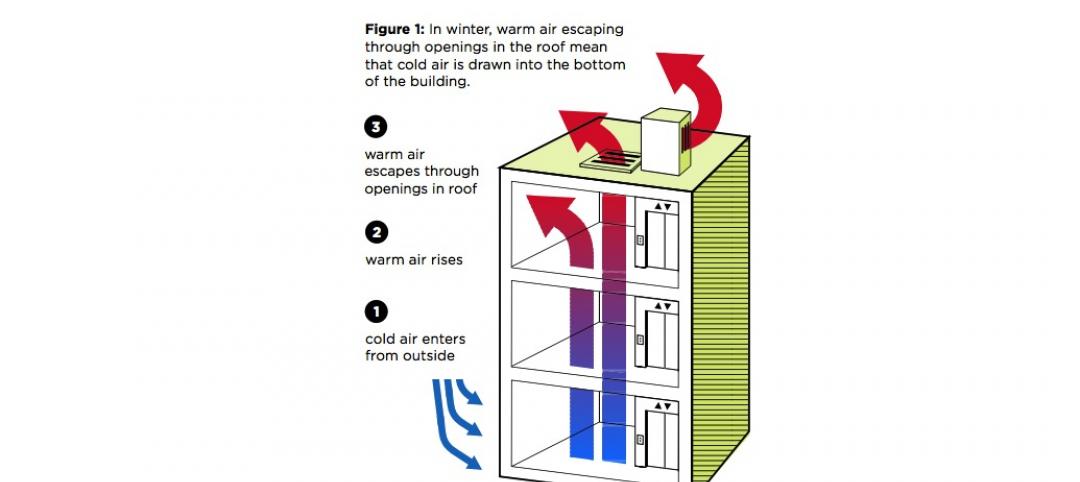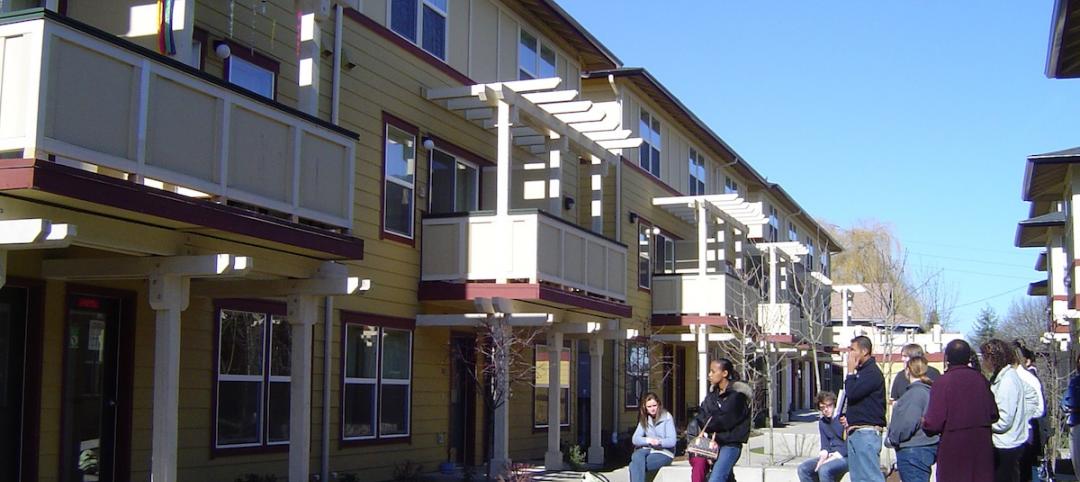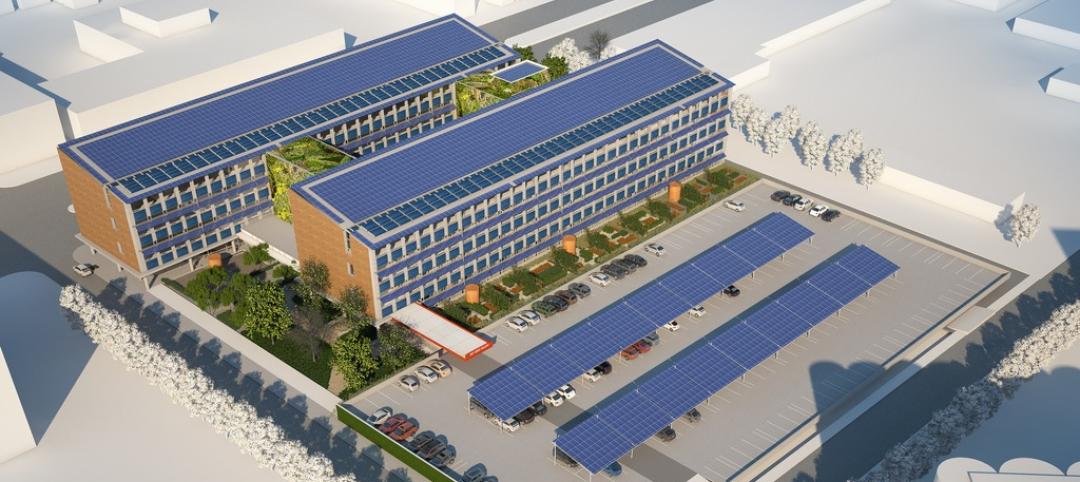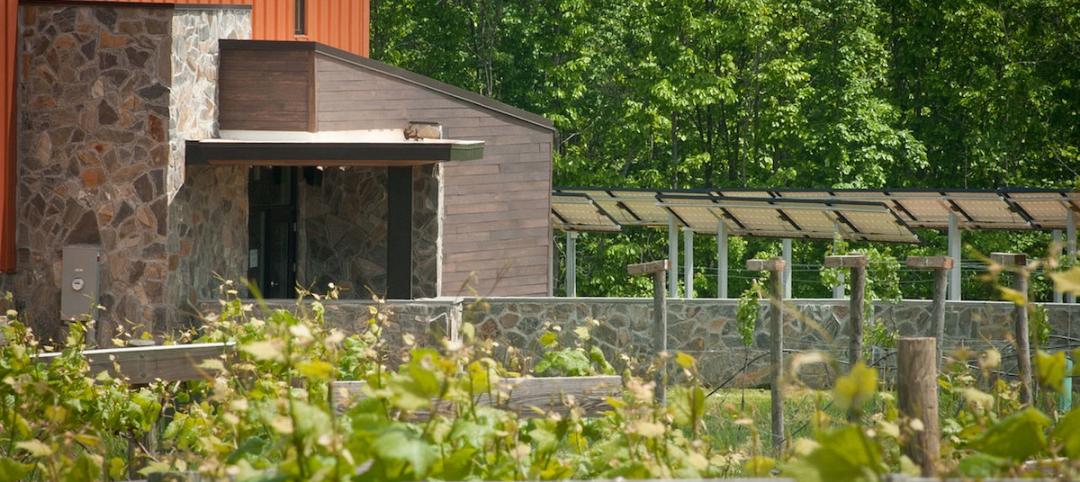The “15-minute city” concept, sprung from academia, is gaining influence in many cities. The model aims to create neighborhoods in which almost all residents’ needs can be met within 15 minutes of their homes on foot, by bike, or on public transit.
Under this vision, all urban dwellers would have welcoming streetscapes, parks, and plazas, along with easy access to necessities such as groceries, close by their homes. It is an old concept—cities evolved along those lines before the automobile.
In Paris, where the mayor has fully embraced the concept, many neighborhoods already display the traits of a 15-minute city. But, some working-class neighborhoods lack necessary amenities such as grocery stores, sports centers, and clinics, and those are the areas where most of the transformative work has to be done.
One response has been the remodeling of 41 Parisian school grounds that were planted with trees and soft, rain-absorbent surfaces to help battle summer heat. The yards are available after school for use as public gardens or sports grounds. Cars were banned or severely limited in surrounding streets, and trees and benches have been added in the streetscape.
It would be far more difficult to make such a transformation in younger, sprawling cities found in North America or Australia, where cars are the dominant form of transportation.
Related Stories
Codes and Standards | Mar 29, 2015
Elevator shafts a major source of heat loss in New York City
A typical New York apartment building loses thousands of dollars worth of energy every year from leaky elevator shafts that vent warm air at the top of the building and draw in cold air at the bottom, according to a new Urban Green Council report.
Green | Mar 22, 2015
6 myths holding back green building
Sustainable design has proven benefits, so why isn’t it more widely adopted?
Multifamily Housing | Mar 16, 2015
New Jersey Supreme Court puts control of affordable housing agency in the courts
The court said the state’s affordable housing agency had failed to do its job, and effectively transferred the agency's regulatory authority to lower courts.
Codes and Standards | Mar 16, 2015
San Jose adopts bird-friendly building standard
The standard includes avoiding large chunks of transparent or reflective glass and adding fritting.
Codes and Standards | Mar 12, 2015
Energy Trust of Oregon offers financial incentives for net-zero buildings
The organization is offering technical assistance along with financial benefits.
Codes and Standards | Mar 10, 2015
Real estate interests push Congress for Census funding
The groups have joined forces to urge Congress to fully fund the 2020 Census and the annual American Community Survey in its 2016 budget.
Codes and Standards | Mar 5, 2015
Charlotte, N.C., considers rule for gender-neutral public bathrooms
A few other cities, including Philadelphia, Austin, Texas, and Washington D.C., already have gender-neutral bathroom regulations.
Codes and Standards | Mar 5, 2015
FEMA cuts off funding to Indiana after Kokomo continues building stadium in flood zone
FEMA will withhold funding on $5.5 million worth of projects such as building tornado safe rooms in schools.
Codes and Standards | Mar 5, 2015
Construction problems at prison spur support to quash non-traditional project delivery in Iowa
Iowa lawmakers are investigating construction problems at the Fort Madison prison project and are scrutinizing rules regarding project delivery on state projects.
Codes and Standards | Mar 5, 2015
AEC industry groups look to harmonize green building standards, codes
The USGBC, ASHRAE, ICC, IES, and AIA are collaborating on a single green code.
















